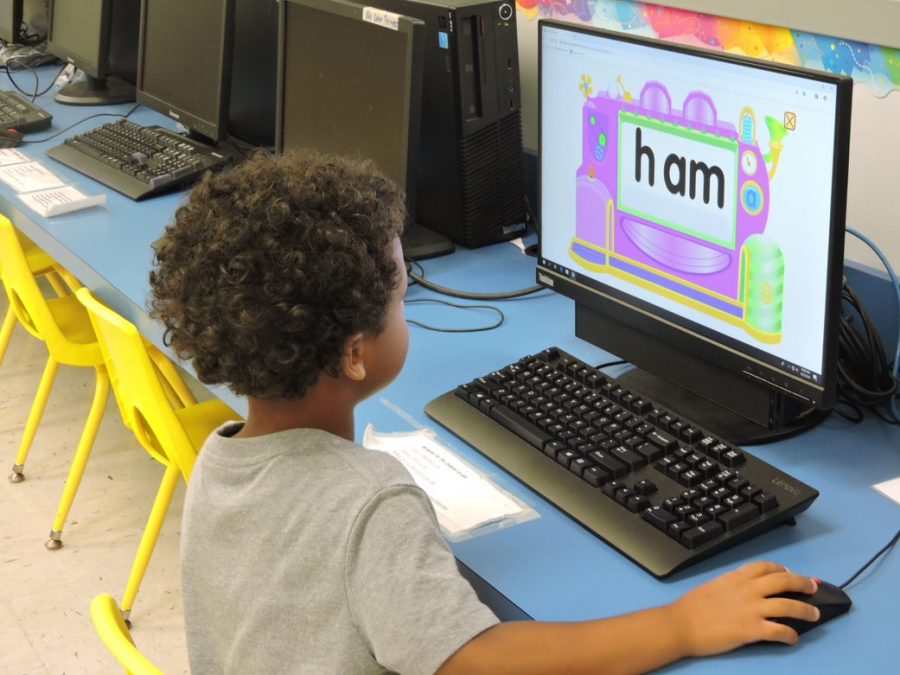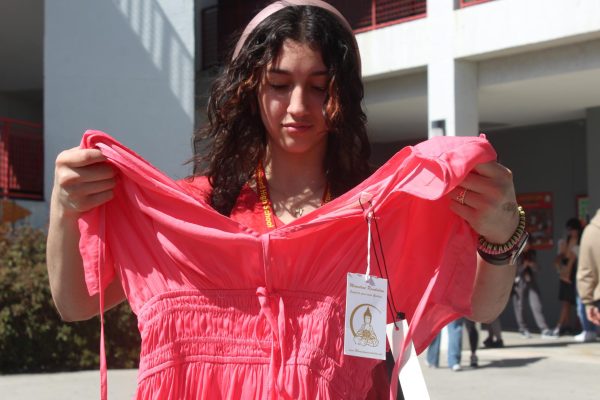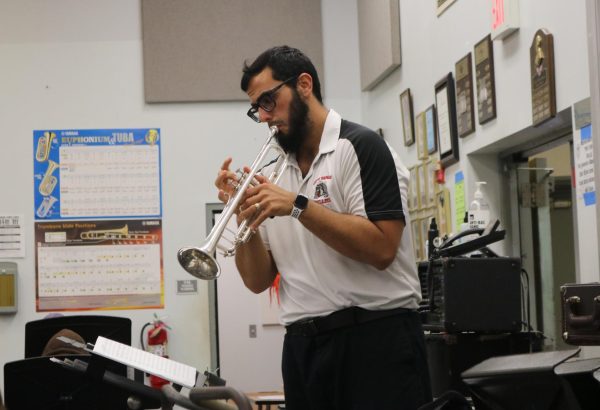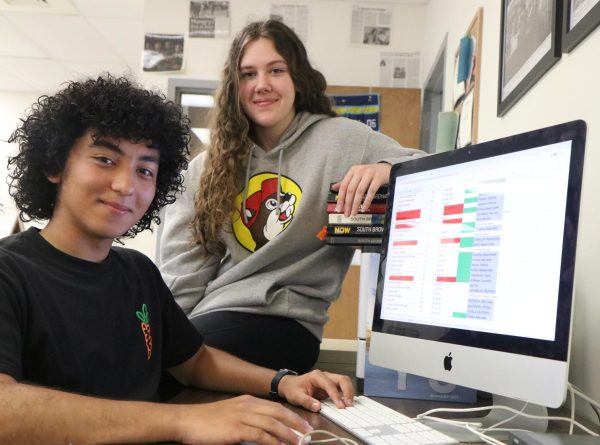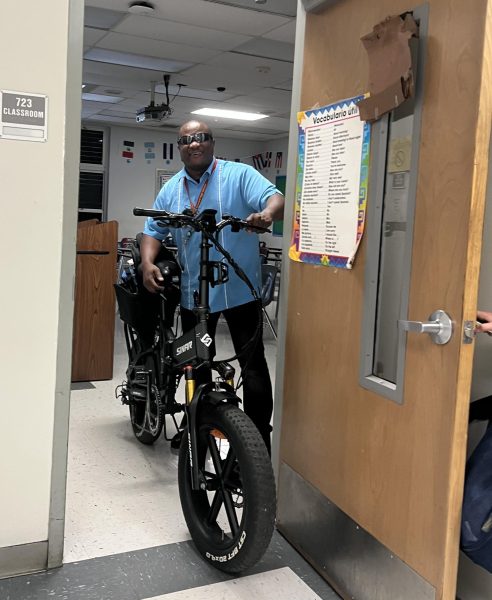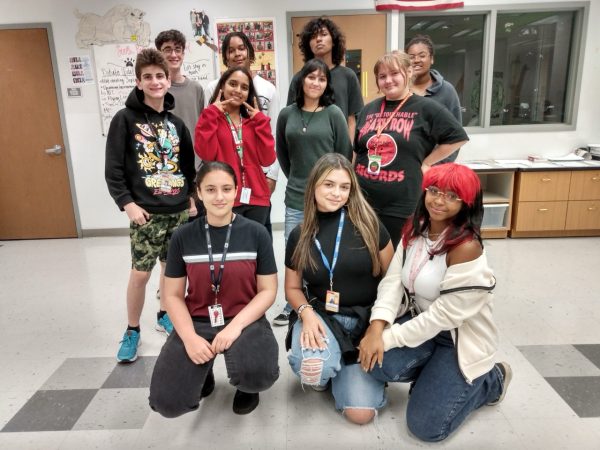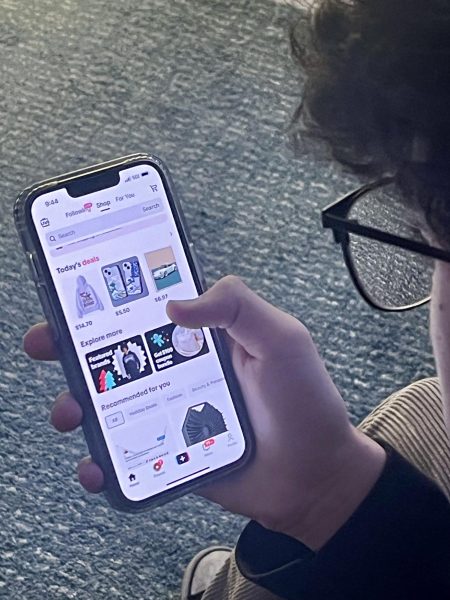Screen Time Shouldn’t Replace Nap Time
One of Ms.Batts Little Broward students, behind a monitor playing an educational Language Arts program.
May 21, 2019
Ever since she was young, Kalea Magnolie, 15, had always been an outside girl. Playing hide and seek with her brothers, or working on her father’s garden. Even though she could use her brother’s computer, iPad or cellphone, she didn’t consider them and entertainment alternative. Today, these are items she simply can’t live without.
“Yeah I basically do everything on my phone and computer if I’m being honest,” said the SBHS freshman, “I usually text my friends, catch up on trends and do most of my homework.”
Magnolie is one among the millions of U.S teens that now rely on technology for almost everything. According to a 2010 survey by the Kaiser Family Foundation, twice as many children have cell phones now as in 2004. The study also found that 85% of those aged 14 to 17 have cell phones.
New recommendations by the World Health Organization state that infants under one year of age should not be exposed to electronic screens and children between the ages of two and four should not have more than one hour of “sedentary screen time” each day.
That is something that is taken into account at Little Broward, a daycare program for preschoolers at SBHS lead by child specialist Ms.Batts.
“Yes, [we have] computers with age appropriate early childhood programs,” said Ms. Batts, “The basics. Math. Literacy. Science.”
Students in Batts class, Early Childhood, work one-on-one with the children, reading books and creating arts and crafts. The proud toddlers show off their work like puppets and enjoy the compliments given by Ms.Batts.
Still technology is in use and some children do have exposure.
“But since every child is different and us not knowing what resources they have at home, we start at 0 to teach them how to use the technology,” said Ms. Batts.
However, evidence to actually conclude the fact that technology can hurt a child’s developing brain has not been one hundred percent confirmed.
Specialists at the University Of California compared and contrasted different children’s brain scans with different screen time amounts and reading tests. Their results were a “mixed bag”, concluding that the diversity of findings provided an important public health message, but fell short of saying that screen media activity is bad for the brain or bad for brain-related functioning.
Regardless, Ms.Batts isn’t taking any chances. She makes sure that each activity has equal time and although technology is incorporated, Batts is strict with the amount of time children spend on the screen.
Still, she can see even at that young age the exposure the children have already have to technology use from home
“Some kids try to get the high schoolers phone to see if there is some type of game there,” said Ms. Batts, “This points that their parents give them their cell phones for the kids to use at home, but we do not allow it.”

